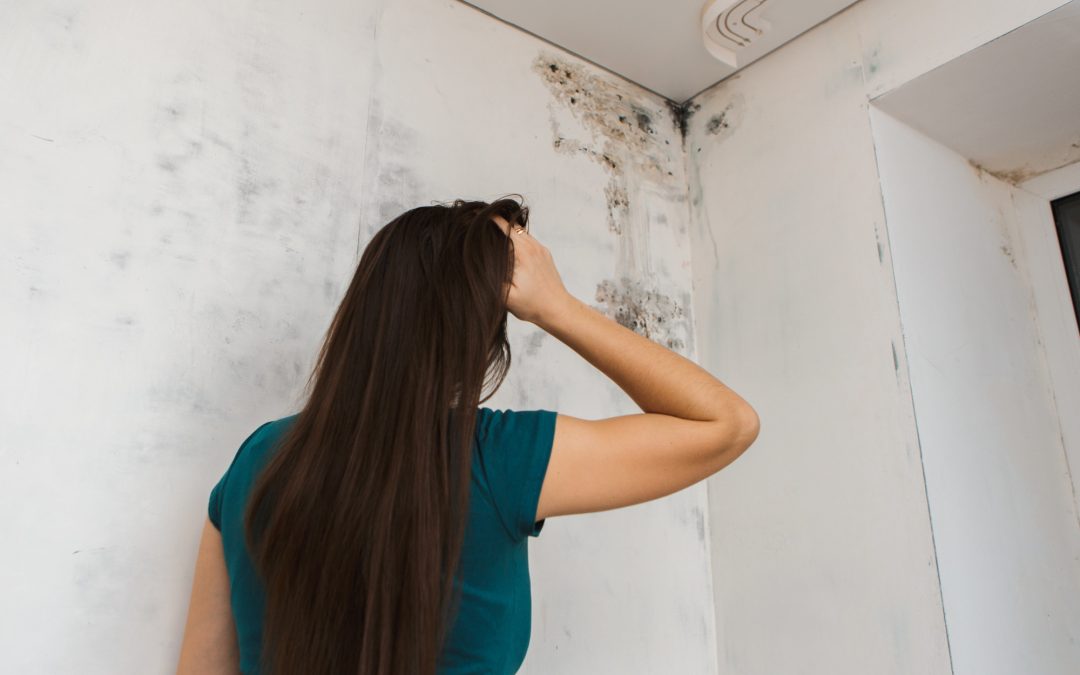Finding your dream home can take months, sometimes years, and when you discover a gem, you want everything to be perfect.
It can be hard to find a perfect home, but if you’re like most homebuyers, you can accept a few minor blemishes. A small stain on the otherwise pristine carpet or a few sticky windows usually won’t break the deal.
What if your home inspector finds mold in a house when you expect a stellar report? Everybody knows living in a moldy house causes terrible health problems. Or does it?
According to the CDC, mold does indicate a concern, but it doesn’t pose a health risk for everyone.
If your immediate response to a mold report is to cancel your contract, don’t run away just yet! Read on and explore whether buying a house with mold is a good idea or not.
Digging into the Moldy Facts
You’ve likely seen mold before, especially if you tend to forget about leftover food in your refrigerator. When you or your home inspector discover mold in a house, it probably won’t be in the fridge.
It might surprise you to find out there are over 100,000 types of mold found in our environment. A few of the most common molds found in homes include:
- Alternaria
- Aspergillus
- Cladosporium
- Stachybotrys atra
Of the three, Stachybotrys atra strikes the highest level of fear in people buying or selling homes. Also known as black mold, there are a lot of rumors floating around about the dangers of exposure. Current research is much less convincing, as studies haven’t shown Stachybotrys atra to be any more dangerous than other types of mold.
That said, buyers should still tread carefully when buying a home with a known mold issue.
Use Caution When Buying a House with Mold
Mold grows both inside and on the outside of buildings. Pay careful attention to the mold you can see and realize it could be an indicator of a severe problem.
For example, if you notice mold growing near gutters or downspouts, it means the gutter system may not be effectively directing water away from the foundation. The result is often water seepage in the basement, which leads to mold development.
If you suspect mold issues before you ever make an offer, you could order an inspection and attach the home inspection certification with your offer. The offer would include a condition for the seller to take of mold removal at their expense.
In many states, laws require sellers to disclose known mold issues. Read on to learn more about the negatives associated with finding mold in the house you’re interested in buying.
Is Mold in a House Bad Thing to Discover?
Other than the health risks for people who are sensitive to it, finding mold in a house may indicate more deep-seated issues.
If a home has a mold problem, more often than not, there’s a water problem!
Mold can’t thrive in a dry environment—it needs a water source. You can hire a mold remediation specialist to remove the mold, but if you don’t address the water problem, the mold will return.
Buying a moldy home may cost you a significant amount of money.
Behind the visible mold, you could find water-damaged drywall and other building materials. Depending on the amount of damage, replacing the materials can be expensive.
If your home inspector finds mold in carpet or under flooring, you’ll likely need to replace both flooring and sub-flooring.
The seller should have already fixed any plumbing leaks or taken care of water seepage in a basement. If not, you should take advantage of the home inspection contingency included in your purchase agreement.
Use Mold to Your Advantage
One of the wisest things a home buyer can do is to hire an independent home inspector.
Mold hides behind walls. You won’t always have visible evidence, but a home inspector uses specialized moisture detection tools. As we mentioned above, mold and water go together, so if the inspector finds excessive moisture, it’s fair to assume mold detection will follow.
For some buyers, finding mold will change their perception of the home. They may believe it now has a lower value. Frankly, mold does scare away some buyers.
A mold problem should not be a deal-breaker!
Often, removing mold and fixing the underlying water issue isn’t nearly as complicated or costly as most buyers assume. Don’t cancel the contract. Instead, use your home inspection report as a negotiating tool.
Ask the seller for compensation to pay for mold remediation and repair of the water problems. If they’re not amenable to that, negotiate a lower selling price.
The contents of your home inspection report can help you use the presence of mold to your advantage.
Hire a Mold Company
Once you decide to go ahead with the purchase, don’t wait to hire a mold company. You likely won’t be able to move into your new home until you deal with removal.
When you choose a mold company, make sure they follow guidelines put together by the EPA. You’ll also want to hire another contractor to perform post-remediation testing. Testing by a third-party ensures your mold contractor did the job right.
Don’t forget to ask for documentation of all reports, repairs, and warranties associated with the mold removal.
Ready to Schedule Your Home Inspection?
We hope reading this post gives you more confidence when looking for your new home. Remember, finding mold in a house isn’t the end of the road for a buyer. You have options, including asking the seller to pay for mold removal or negotiating a lower selling price.
If you’ve found your dream home and the seller accepted your offer, your next step is to search for a house inspector near me.
We’d love to work with you to ensure you’re moving into a safe and healthy new home. Contact us today to schedule your home inspection!

